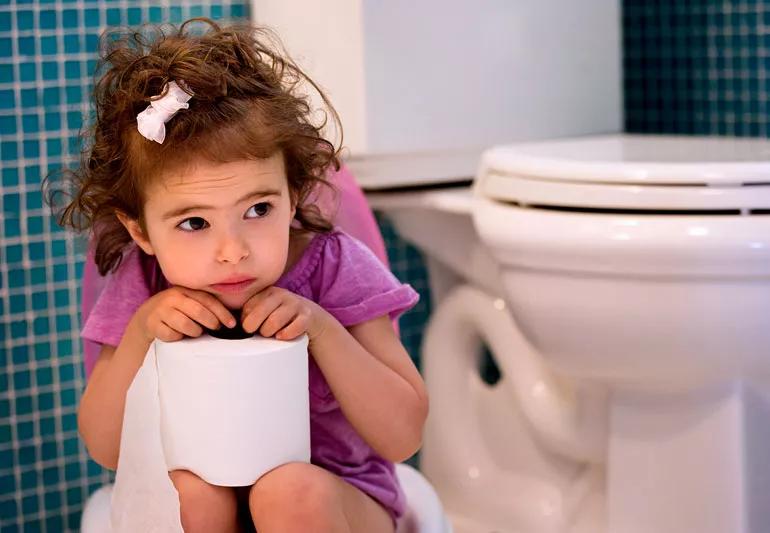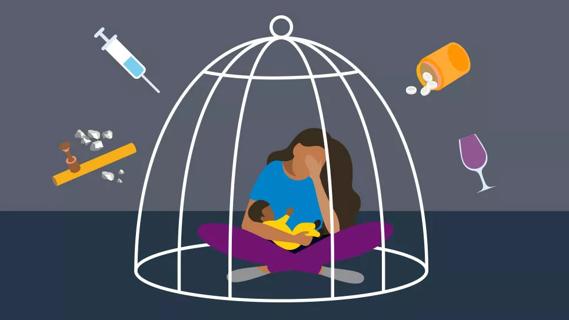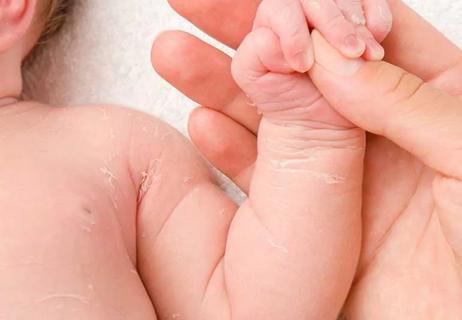Untreated urinary tract infections can lead to permanent kidney damage

You might think that urinary tract infections (UTIs) are a worry only for adult women. But they are a concern for babies and young children, too.
Advertisement
Cleveland Clinic is a non-profit academic medical center. Advertising on our site helps support our mission. We do not endorse non-Cleveland Clinic products or services. Policy
About 3% of girls and 1% of boys will develop a UTI by the time they’re 11 years old, according to the American Academy of Pediatrics (AAP). Uncircumcised boys have slightly more UTIs than those who have been circumcised.
UTIs happen when bacteria get into the urinary system through the urethra (that’s the passageway by which urine travels from the bladder to the outside of the body). Bacteria can get into the urinary tract from the skin around the rectum and genitals. “Holding” urine, improper hygiene or constipation are common causes of UTIs in children, says pediatric urologist Jeffrey Donohoe, MD.
In children, UTIs may go untreated because often the symptoms aren’t obvious to the child or to parents. But UTIs in children need treatment right away to get rid of the infection, prevent the spread of the infection and to reduce the chances of kidney damage.
UTI symptoms include:
Advertisement
It’s important to distinguish between UTIs with fever and those without, Dr. Donohoe says. A young child with a high fever and no other symptoms has a 1 in 20 chance of having a UTI, the AAP says.
“Typically, urinary tract infections with a fever happen when the infection travels to the kidneys or when they are severe bladder infections,” Dr. Donohoe says.
Doctors treat UTIs with fever or UTIs in children younger than age 2 more aggressively, Dr. Donohoe says. That’s because frequent or untreated UTIs can scar a child’s kidneys and cause permanent damage.
Once a UTI clears, it’s helpful to get kids in the habit of using the bathroom every two hours to prevent future infections, Dr. Donohoe says.
Teach your daughters to wipe front to back after going to the bathroom. Also, taking regular baths, drinking plenty of water and even consuming watered-down cranberry juice can help your child avoid a UTI. Drinking fluids helps to flush the infection out of the body.
Cranberry juice has a reputation for curing UTIs. However, traditional, consumer-friendly cranberry juices — which are often a blend of various juices — have not been shown to be particularly effective, Dr. Donohoe says. The purer cranberry preparations can be unpalatable to children because they are tart.
“Cranberry, however, has been proven an effective treatment for preventing urinary tract infections,” Dr. Donohoe says. “It can reduce the likelihood of urinary tract infections in people who are at risk.” Kid-friendly probiotics in chewable form also can help avoid UTIs.
If you think your child may have a UTI, call your pediatrician. A simple test can diagnose if your child has a UTI. To get rid of the infection, your child will need to take antibiotics.
It’s important to continue giving your child the medicine until your pediatrician says the treatment is finished, even if your child feels better. UTIs can return if not fully treated.
Advertisement

Sign up for our Health Essentials emails for expert guidance on nutrition, fitness, sleep, skin care and more.
Learn more about our editorial process.
Advertisement

Gentle care, like moisturizing, washing and soft brushing, can help clear up cradle cap

Gripe water isn’t regulated by the FDA, and research doesn’t support its use

Jaundice that’s present at birth or lasts more than a week should be evaluated by a pediatrician

When tight neck muscles give your newborn a head tilt, these gentle exercises can go a long way

Crossed eyes in a newborn are fairly common, typically harmless and usually go away

Neonatal opioid withdrawal syndrome, or NOWS, can develop when a fetus is exposed to opioids, nonmedical drugs or even some prescription drugs during pregnancy

Most parents report an improvement in breastfeeding, but there’s a chance the procedure won’t solve the issue

All babies go through a perfectly normal peeling phase in the first couple weeks

Although it could be used as a moisturizer, this new trend is not recommended

Communicating clear limits helps protect your time, energy and emotional well-being

High cholesterol can be genetic, but testing and treatment can lower your heart disease risk